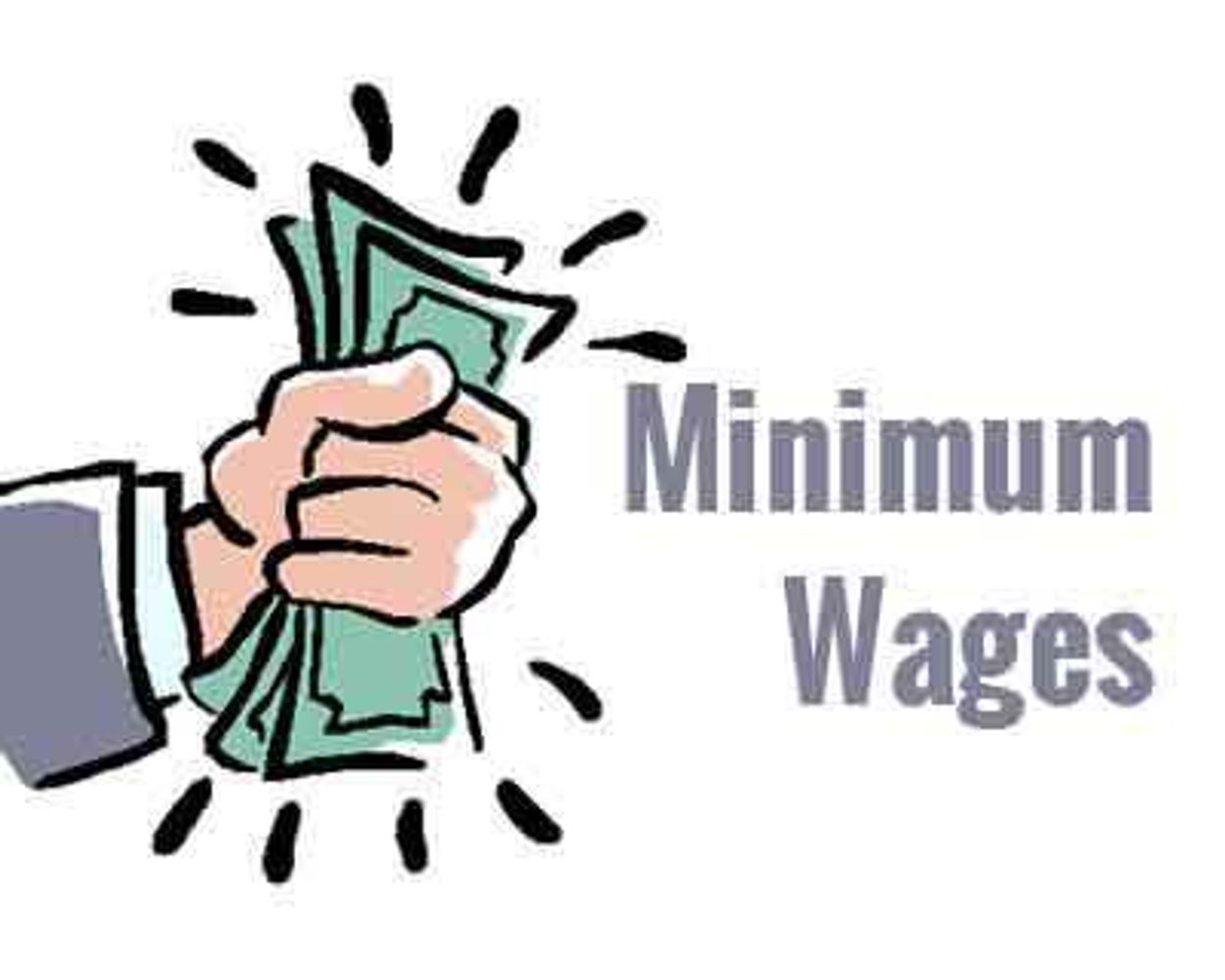Periodic Revision of Minimum Wages – Variable Dearness Allowance: Lok Sabha QA

Periodic Revision of Minimum Wages – Variable Dearness Allowance: Lok Sabha QA
GOVERNMENT OF INDIA
MINISTRY OF LABOUR AND EMPLOYMENT
LOK SABHA
UNSTARRED QUESTION NO. 1371
TO BE ANSWERED ON 25.07.2022
MINIMUM WAGES
†1371. SHRI RODMAL NAGAR:
SHRI CHANDRA PRAKASH JOSHI:
Will the Minister of LABOUR AND EMPLOYMENT be pleased to state:
(a) whether the Government has taken any decision regarding increase in minimum wages for the labourers across the country amid rising inflation;
(b) if so, the details of category-wise minimum wages of each State and whether the minimum wages have been increased and if so, the details thereof;
(c) whether there is any kind of system for the monitoring to ensure the payment of minimum wages; and
(d) if so, the details thereof?
ANSWER
MINISTER OF STATE FOR LABOUR AND EMPLOYMENT
(SHRI RAMESWAR TELI)
(a) & (b): Under the provisions of the Minimum Wages Act, 1948, both the Central Government and the State Governments are appropriate Governments to fix, review and revise the minimum wages of the employees employed in the scheduled employments under their respective jurisdictions. In order to take care of the rising prices, the Central Government revises the Variable Dearness Allowance (V.D.A) on basic rates of minimum wages every six months effective from 1st April and 1st October of every year on the basis of Consumer Price Index for Industrial workers. V.D.A. was last revised w.e.f. 01.04.2022. A statement showing increase in the rates of wages on account of increasing V.D.A payable to the employees engaged in the scheduled employments in the Central Sphere is at Annexure I. The details of periodic revision of minimum’ rates of wages in scheduled employments in the State sphere are not centrally maintained.
(c) & (d): Both the Central Government and the State Governments are the appropriate Governments to enforce the provisions of the Payment of Wages Act, 1936, and the Minimum Wages Act, 1948, including the provisions relating to non-payment of wages/minimum wages, in their respective jurisdictions. In the Central sphere the enforcement is done through the Inspecting Officers of the Chief Labour Commissioner (Central) commonly designated as Central Industrial Relations Machinery (CIRM) and the compliance in the State Sphere is ensured through the State Enforcement Machinery. The designated inspecting officers conduct regular inspections and in the event of detection of any case of non-payment or underpayment of wages/minimum wages, they direct the employers to make payment of the shortfall of wages. In case of non-compliance, penal provisions prescribed under Section 22 of the Minimum Wages Act are taken recourse to. The details in regard to enforcement of the minimum wages in the Scheduled employments in the Central Sphere are at Annexure II. Details of enforcement of the provisions of the Minimum Wages Act, 1948, in the State sphere are not centrally maintained.
******
Source: Lok Sabha




